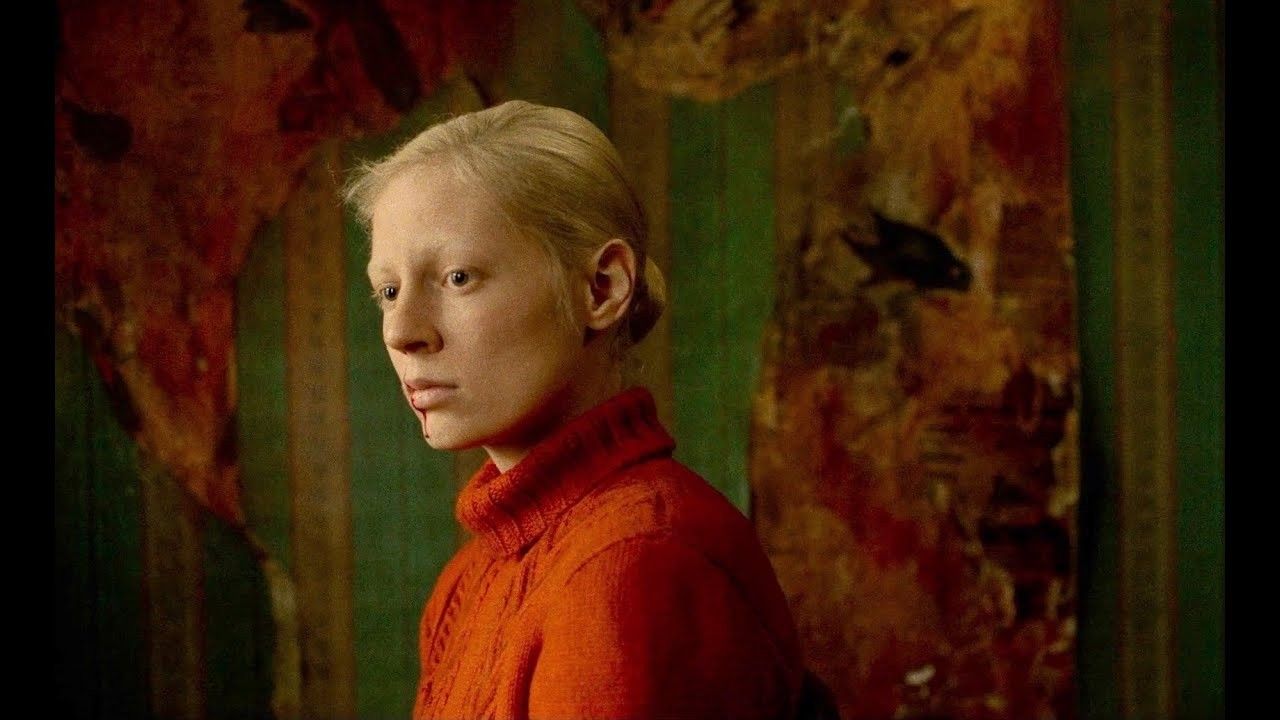
Wunderkind Kantemir Balagov’s Beanpole is as sophisticated as auteur cinema comes, but it’s only his second film.
After seeing Beanpole, you’d never imagine that Kantemir Balagov got his start on YouTube — or that he was 26 years old when he directed it. The film, which won the Un Certain Regard Best Director Award at Cannes earlier this year, has the kind of visual sophistication and narrative confidence that directors spend a career cultivating. But Balagov is far from an established auteur; Beanpole is only his second film. Balagov’s unseasonable mastery may, in part, be explained by an unusual element of his filmmaking process.
To pre-visualize their films, some directors draw 1,000 storyboards. Others build scenes with Legos. Balegov, however, pre-shoots his entire movie.
The preparation is writ large onscreen. Beanpole is rich with intentionality; each frame is meticulously designed, from the period details of the set to the cinematography, which carries the characters’ emotions in every camera movement. Set in Leningrad just after the end of World War II, Beanpole stars Viktoria Miroshnichenko as Iya, an inordinately tall young nurse (hence the nickname) who suffers from unpredictable bouts of paralysis as a result of an injury she suffered in the war. In the hospital where Iya works, soldiers beg to be euthanized. All across the city, fractured psyches cling to humanity by a single thread.
Even though Russia has emerged victorious, the war has wreaked unimaginable havoc on the bodies and souls of its citizens. Further proof of this devastation comes barrelling in as Iya’s friend Masha (Vasilisa Perelygina) returns from the front lines with the energy of an unstable nuclear element, bringing with her the chaotic, emotionally-charged, selfish nihilism of war. What ensues is a cat-and-mouse game of emotional debt-paying, romantic inclinations, and a futile quest for meaning in a world that seems indifferent to anyone’s future, let alone two young girls named Iya and Masha.
No Film School sat down with Balagov at this year’s New York Film Festival to discuss why he pre-shot the film, how he used the camera to capture the fraught intimacy between the characters, and more.
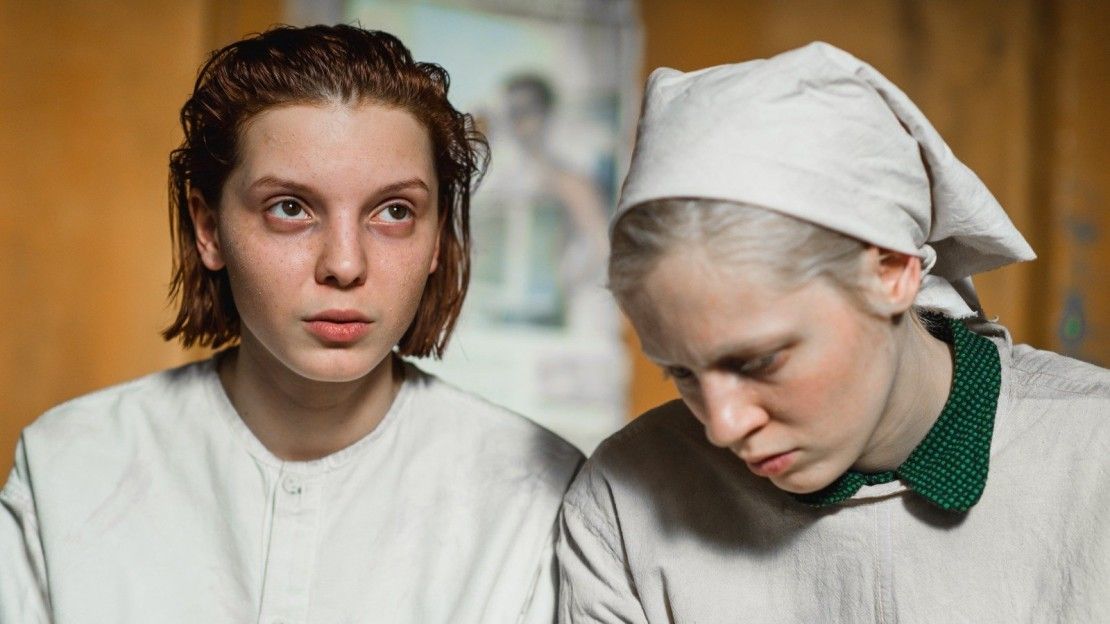
Kantemir Balagov: I just wanted to be a director! [Laughs] I was trying to find myself through photography and video games. I made some YouTube series and sent them to Alexander Sokurov [the Russian director, whose movie Russian Ark was filmed in a single shot]. One day, he took me into his studio.
“I wanted the cinematography to look like paintings.”
NFS: So Sokurov was kind of your portal into the industry?
Balagov: He created me as a person. He gave me self-awareness. He showed me a love of literature and it helped my filmmaking. He helped me find my voice.
NFS: So, you made your first feature with Sekulov, and this is your second. How did you come to the topic of Beanpole?
Balagov: I came to this topic a while working on my first feature, actually. I read the book, “The Woman, The Face of War”, in 2015. At the time, I knew that I wouldn’t be able to make my first film about The Second World War because it would be too expensive of a production.
My first feature, Closeness, premiered at Cannes, and after that, I thought I could start working on Beanpole.
NFS: When you were thinking about the way that you wanted to bring this world to life, what were your visual inspirations?
Balagov: Dutch paintings. With my first film, I had visual references in documentary photography. For this one, I wanted the cinematography to look like paintings.
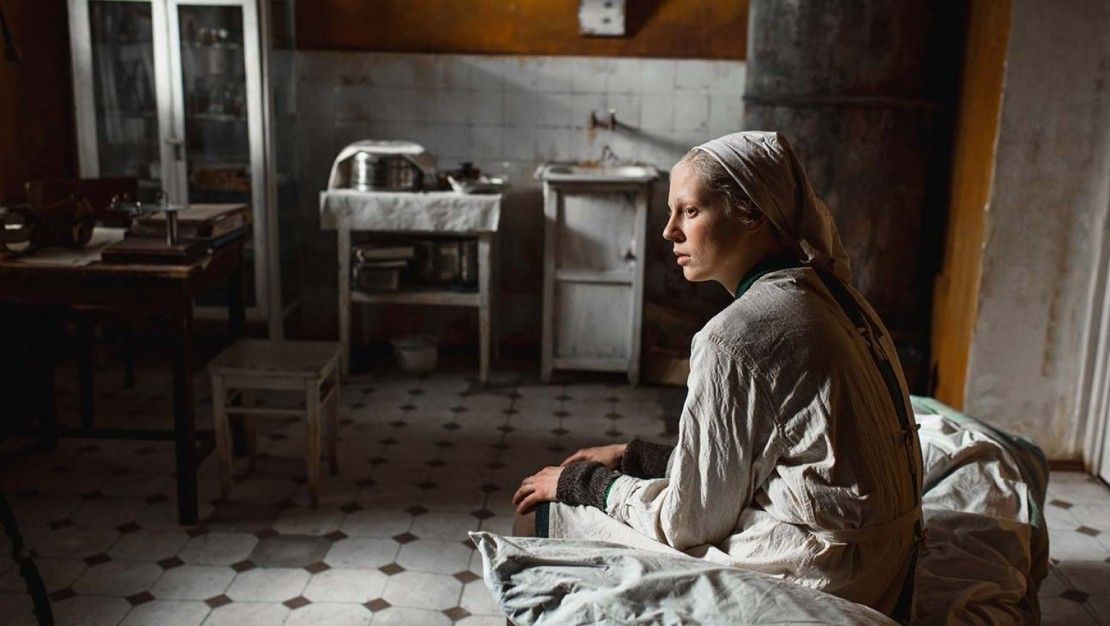
NFS: What was your process with your cinematographer to create this look?Balagov: We just tried to find a unique style for a period drama. There’s a lot of war movies about the Soviet Union. Our film looks unique because we wanted it to loo watchable for a young audience.
NFS: You have a lot of scenes that were one takes and I thought those were really well done. How did you approach those on set?
Balagov: For the one takes, I tried to put close-ups and wide shots into the same take. Like a montage inside of the frame. It’s hard to film because each actor and crew member has to move in the exact same way at the exact right time.
“Producers don’t want to take risks and invest in a new director.”
NFS: How do you get this precision?
Balagov: Before shooting, we pre-shoot the film. We took a video camera and all the actresses and just shoot the whole film.
I don’t do storyboards because I do prefer to work with real spaces. So when we had our locations, we do the pre-shoot. It helps me to cut some scenes before the actual shoot. It also helped actresses to feel the mis-en-scene, and how they should move in each frame. It helped the DP, too. Everyone was prepared on set—everyone knew how they should set up the lights and what we were going to shoot.
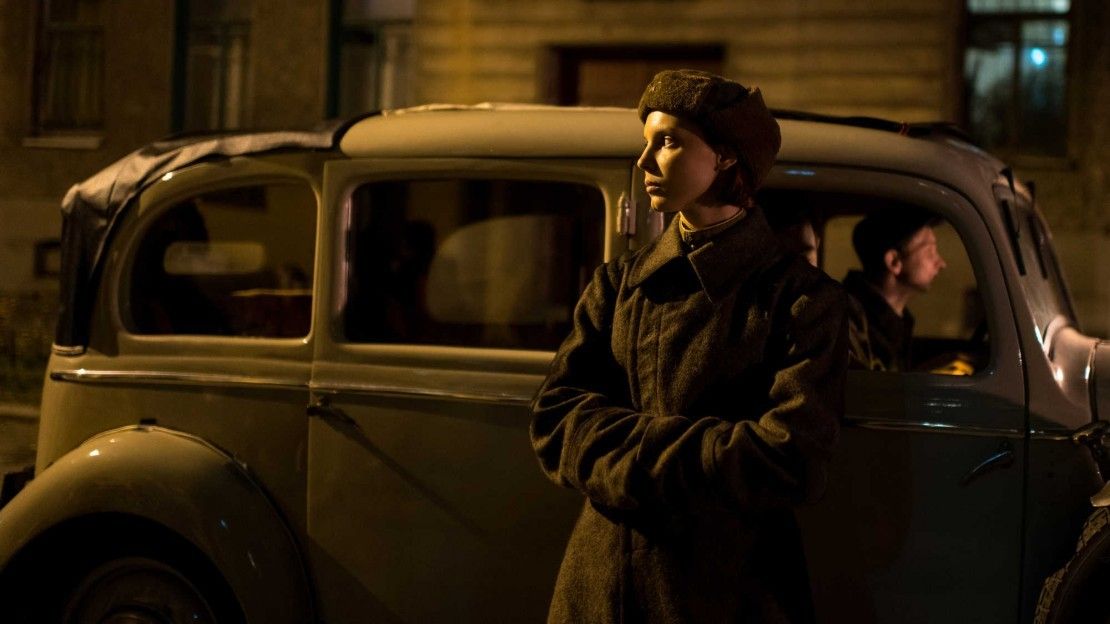
Pre-shooting also really helped me understand that the film was too long—the pre-shoot cut was 3 hours and 15 minutes.
“Pre-shoots are especially important for first-time directors.”
I think pre-shoots are especially important for first-time directors because you feel comfortable with the material and confident in yourself.
NFS: How long do you do the pre-shoot for?
Balagov: I think two and a half weeks.
NFS: And this is instead of doing rehearsals with the actors?
Balagov: No, we do rehearsals after. The pre-shoot was just for the physical understanding for the actresses.
NFS: How did you cast the film? I’m not sure if the two main actors were trained or if you found them a different way.
Balagov: They were studying. They were the fourth year, I think. But Sasha, the boy, used to sell the book in bookstores. We found him on social media. Also, the doctor is not a professional actor. He’s a musician.
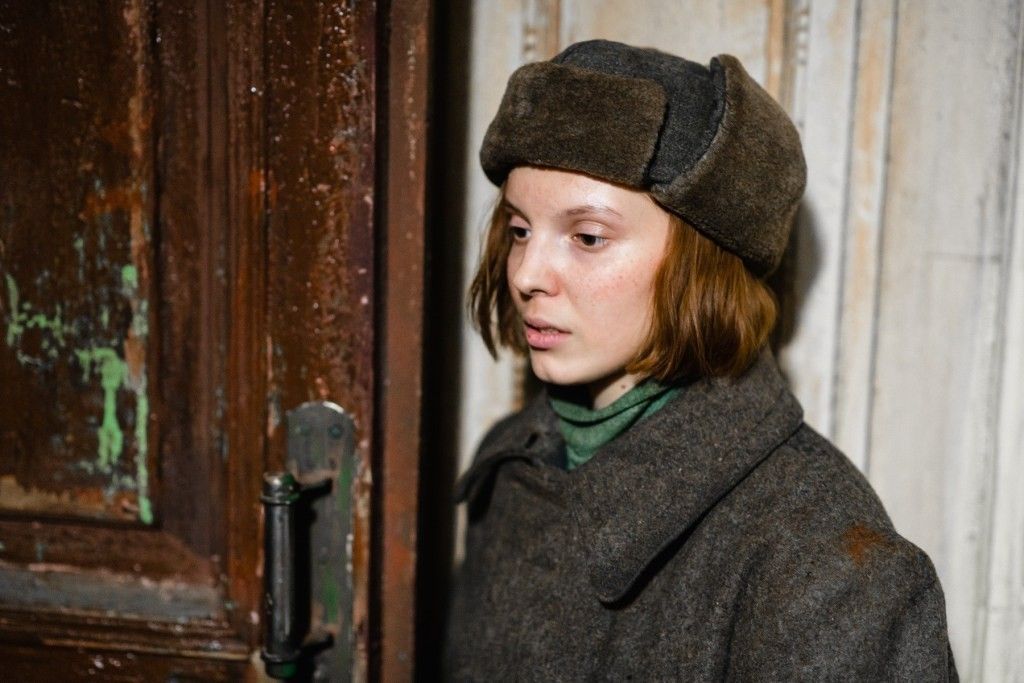
Balagov: I would say that sometimes untrained actors give richer performances than professional actors because there’s more life in them. But there’s a risk that they won’t remember things from the take to take, so adjustments can be more difficult.
When I’m casting, the important thing to look for is charisma and personality.
“Sometimes, untrained actors give richer performances than professional actors because there’s more life in them.”
NFS: Do you have any advice for a new filmmaker who wants to make festival fare films, like you have, but doesn’t have a traditional path there?
Balagov: It’s really hard because producers don’t want to take risks and invest in a new director. And I’m saying that because with my first feature, even though I worked at Alexander’s studio, no one gave a shit about my script. I had so many no’s. It’s hard to make your first film. I just got lucky.
Some advice that Alexander’s studio gave is that you should read more books and watch [fewer] movies.
NFS: Do you think that you will continue to make films in the vein of your first two films?
Balagov: I really want to make an animated movie. I’m also really interested in directing a film inspired by a video game. I’m really into video games.